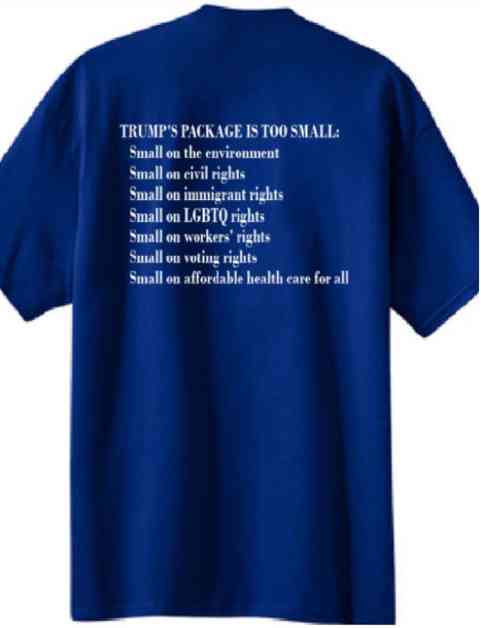The U.S. Supreme Court recently made a significant ruling regarding the constitutionality of the Lanham Act’s names clause. The Court reversed the decision of the U.S. Court of Appeals for the Federal Circuit in the case of Vidal v. Elster, where the rejection of the trademark application for “TRUMP TOO SMALL” was deemed unconstitutional. The Supreme Court held that the names clause of the Lanham Act does not violate the First Amendment.
The justices had different opinions on how to analyze the case, with Justice Thomas delivering the majority opinion. Justices Alito and Gorsuch fully agreed with the opinion, while Justices Roberts and Kavanaugh joined in most parts. Justice Barrett also concurred in parts of the opinion. Oral arguments were held in November 2023, and it was anticipated that the trademark application would not be approved.
The case involved trademark applicant Steve Elster’s attempt to register “TRUMP TOO SMALL” for t-shirts. The USPTO rejected the application based on the Lanham Act’s names clause, which prohibits the registration of marks containing names without written consent. Elster argued that the mark was political commentary, but the examiner disagreed. The Federal Circuit initially ruled that the application denial violated the First Amendment.
However, the Supreme Court justified its decision by citing the historical restrictions on trademarking names. The Court emphasized that trademarks containing names have long been restricted, and these restrictions serve important principles. The ruling was described as narrow, focusing on the historical context of the names clause.
Legal experts have expressed varying opinions on the implications of the Supreme Court’s decision. While some believe it will make it easier to register trademarks that flatter public figures, others are concerned about the potential impact on political criticism. The decision was deemed to provide insufficient guidance for lower courts, leading to potential uncertainty in trademark law.
Overall, the Supreme Court’s ruling in Vidal v. Elster clarifies the constitutionality of the Lanham Act’s names clause, highlighting the historical basis for such restrictions on trademarking names. The decision is expected to have broader implications beyond political criticism, impacting how public figures can control the use of their names in commercial contexts.















